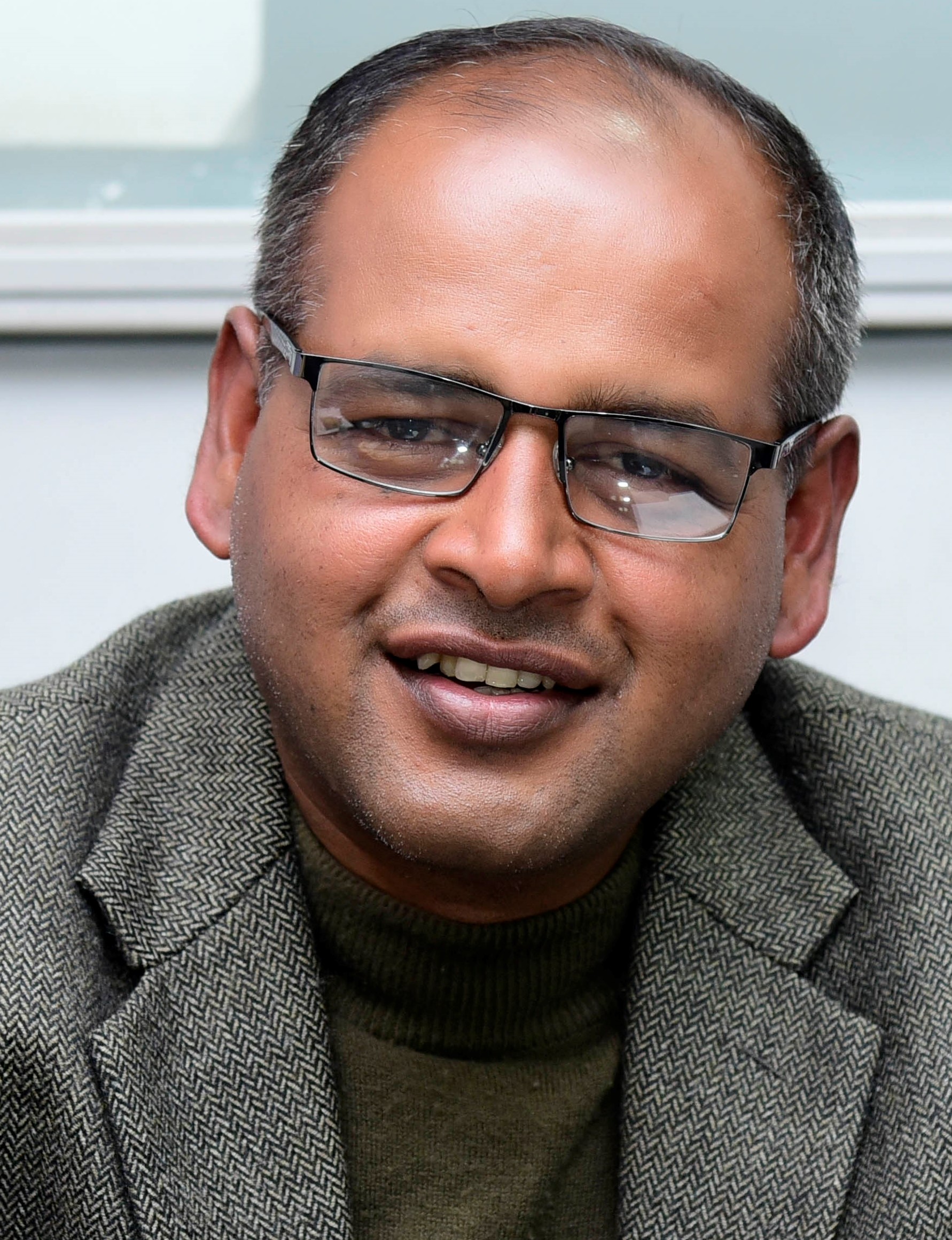By Gopal Khanal (KATHMANDU, 1 January 2021) – It looks odd to see the meeting between leaders of Communist Party of China (CPC) and Nepal Communist Party (NCP) in Kathmandu at a time when the ruling NCP has already suffered a vertical split. It has become certain the NCP is destined to split no matter what decisions the Supreme Court (SC) will make with regard to the dissolution of the House of Representatives (HoR) and the Election Commission (EC) on name and symbol of the divided party. The last-ditch effort of any internal or external forces cannot stop the crack of the NCP.
This is the predicament of NCP. That’s why the rushed meetings of the CPC’s leaders do not adhere to the normal diplomatic practices. Besides, it breaches Beijing’s established norms of quiet diplomacy, which has earned the admiration as an attribute of China’s rising power.
Undoubtedly, the CPC has a friendly and ideological relationship with NCP, but Beijing had never demonstrated such act before. It seems China failed to sense the magnitude of the internal rift and couldn’t foresee the situation. But, it is equally true that the Chinese mission in Kathmandu was not just a spectator of all these happenings developed in the CPC.
Chinese ambassador to Nepal Hou Yanqi seemed to have been active months before as the internal power conflict within the NCP had almost reached the point of no return. The ambassador had met the leaders of NCP and conveyed Beijing’s message that the party should stay united despite misunderstandings. But that proactive move of the envoy couldn’t avoid the danger that was hovering over the head of the party, though it was forcefully patched up earlier. If any ambassador suggests moving ahead with unity to achieve the national goal of development and prosperity, this won’t be objectionable. But, when a diplomat crosses the diplomatic norms, then this will naturally invite criticism.
Though many had questioned the ambassador’s move, terming it direct interference in the internal politics of the ruling party, she was given the ‘benefit of doubt’ since ambassadors can meet the ruling and opposition leaders any time if there are diplomatic issues involved. It is also a practice that they can meet the leaders of host country in certain intervals, which are more cordial in nature. Though she became active and tried hard to unite the NPC, her role could hardly support the two fractions, which were emotionally fractured that time.
This time China moved differently, breaking its recognized principle of non-interference in the domestic affairs of others. The last-minute attempt could not yield result as Beijing had expected because Kathmandu had already taken a new course. By the time the CPC’s four leaders had landed at the Tribhuvan International Airport donning PPE to avoid COVID-19, the party had already split.
Prime Minister KP Sharma Oli dissolved parliament citing the party’s internal wrangling and declared the mid-term polls. When Prime Minister Oli thinks about the larger interest of the Nepali people and moves ahead with certain policies, the party did not cooperate with him. The government has accomplished historic works, but Pushpa Kamal Dahal Prachanda and Madhav Kumar Nepal never uttered a single word in appreciation of the government’s gains.
There is no need of comments on NCP’s internal matters from India and China since this is purely domestic political issue. This time India has relatively maintained balanced diplomatic position and said that it was a domestic issue of Nepal and India could not say anything about it. India’s MEA spokesperson, in a regular press briefing, had refrained from commenting on the domestic politics of Nepal. This shows that India learned from its past mistakes, in which Indian agencies used to set the stage to direct and redirect Nepali political parties.
But, after a week China sent a senior delegation led by Guo Yezhou, vice minister of the international department of the CPC. Immediately after arriving in Kathmandu, the team held political consultations with the leaders of NCP and Nepali Congress after meetings with President Bidya Devi Bhandari and Prime Minister Oli. Gou had travelled to Kathmandu in February 2018 when Oli-led CPN-UML and Prachanda-led NCP- Maoist Centre – were all set to merge and form a unified communist party following the victory of their alliance in the 2017 general elections. Later in May, 2018, the two communist parties got united, creating the current NCP.
Why did CPC choose such ill-timed visit to Nepal now? Though the spokesperson of China’s Foreign Ministry had clarified the visit as regular and non-interference in the domestic politics of Nepal, it indicates otherwise. This Chinese move has reminded us of India’s previous moves, which had been in controversy as they were interventionist in nature.
Nepal’s political parties and the international community including neighborhood should understand the geopolitical sensitivities of Nepal. China is engaged more in Nepal while India is trying to protect its traditional influence. Nepal wants balanced relationship with both neighbors and does not allow neighbors to intervene in its domestic affairs. India and China should understand this.


